zé
interjection of approval or admiration
Phonosemantic compound. 口 represents the meaning and 責 represents the sound.
Evolution

Seal script
Shuowen (~100 AD)
Seal script
Shuowen (~100 AD)
Clerical script
Cao Wei (Three Kingdoms: 222-280 AD)Regular script
ModernDefinitions
Most common words with 嘖
Freq. | Word | Meaning |
|---|---|---|
to click one's tongue | ||
to click one's tongue | ||
to be astonished |
Sources
